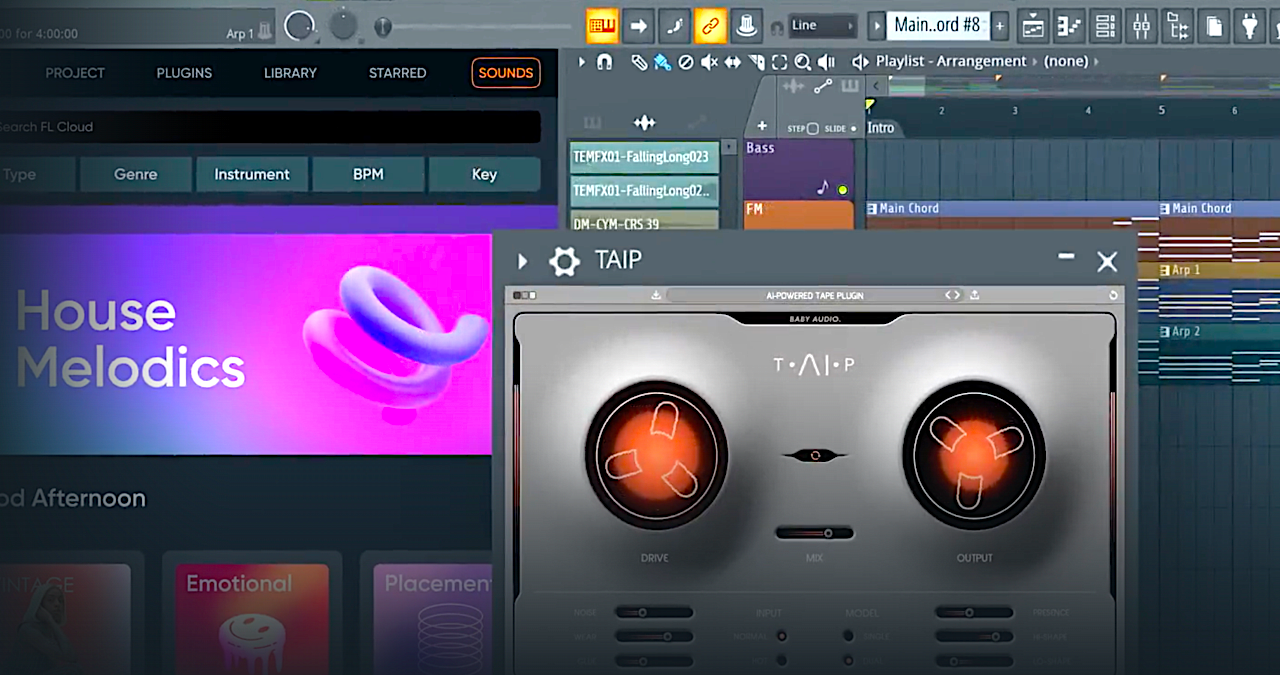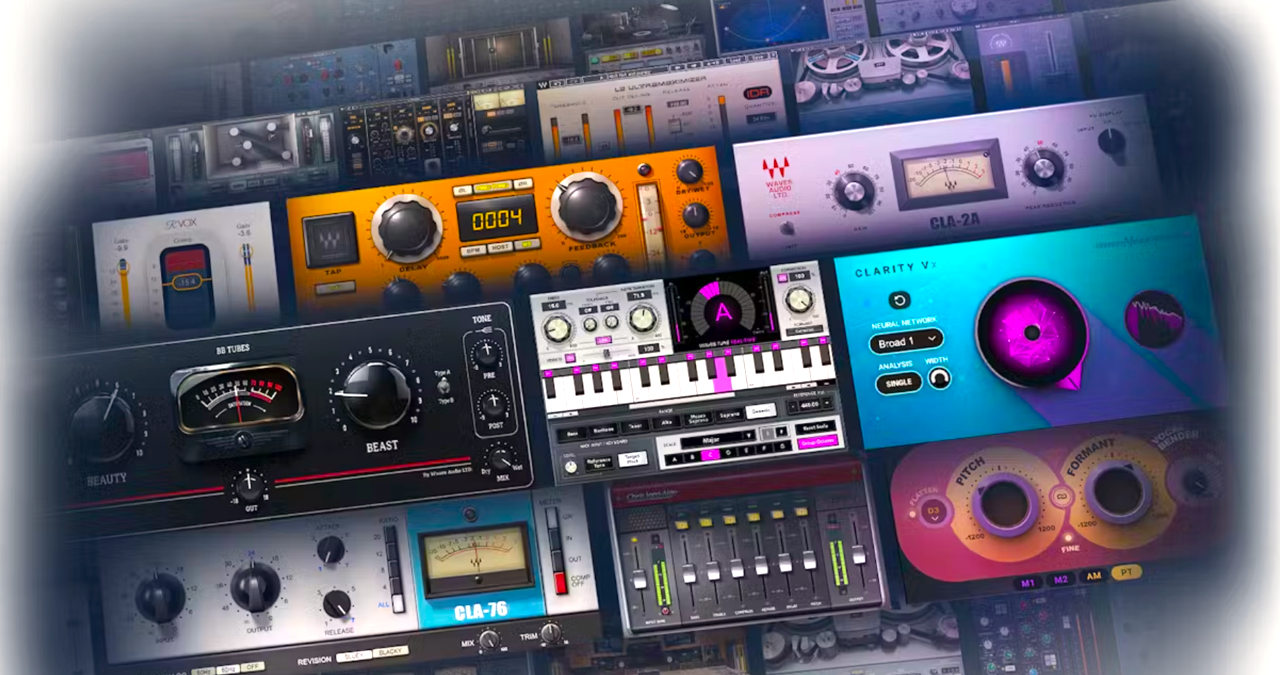“When faced with whether to buy food or pay for another month of access to plugins, it’s the plugins that are probably going to suffer”: An alternative pitch to the monthly subscription model for music software
Is a better solution for software access around the corner…

It's a hard fact of life in 2024, that most of our media, entertainment and artistic consumption comes via subscription-based relationships. Whether we're discussing TV, movies or music, the vast majority of people are signed-up to at least one service that caters to their tastes. While that's all well and good for mediums such as television (where each individual program has a limited lifespan, and everything is potentially watchable) it's less appealing a model for music production software access, where people are likely subscribed to mountains of plugins - compressors, EQs, distortions etc - which they'll probably never use.
In our recent deep-dive into this subject, our writer Adam Douglas posited an alternative model that might be more appealing to music-makers - drowning in monthly subscription payments - who are hungering to ultimately own the tools they're using to make their art.
"[The] loss of ownership of plugins feels almost like an existential conundrum, with the very thing that helps make real our passion - the tools we use to make our art - denied us without a monthly fee. Unable to make a payment? Your music is now held hostage by the plugin company until you can scrape up the means to pay the ransom. It’s no wonder many feel so strongly about the subscription model," Douglas says.
In the feature, Adam details the four key reasons why many music production (and other) companies have pivoted towards subscription-based models. These are:
1: Sustainability - Recurring revenue makes for a stable business environment.
2: Long-term relationships - Regular payments help foster customer loyalty.
3: Predictability - “This model helps companies make more accurate growth predictions, forecasts, and predictions around performance metrics,” say B2B subscription management company Recharge
4. Flexibility - Having a subscription model makes the business more adaptable to customers’ needs.
But, as the feature examines, it's that fourth point that many companies are simply not adequately fulfilling, "Looking back at those four reasons for adopting subscription models, it seems that companies are not adequately leveraging reason number four: flexibility," Adam says. "Most plugin companies have yet to pivot away from the basic access model - and with fatigue and resentment on the rise, it might be time for developers to take another look at that."

In the feature, Adam suggests a rent-to-own model being a possible 'best of both worlds' scenario, where users pay a little at a time and work towards full ownership of the product, while developers can rest easy with the sustainability of regular payments coming through from their customers.
It's a position that Wavetick founder - and also the man behind Principleasure - Sharooz Raoofi can get on board with. He told us; “Broadly I think it’s positive to offer an option to buy plugins on a subscription model. I do think some form of ownership/drawing down a balance toward the overall cost of the product is essential, otherwise you’re paying merely for access and end up with a hefty bill over the years.”
Douglas concludes his piece by laying down the gauntlet to software developers; "The time to get this balance right is now. If economists’ predictions come true, more than 100 million new cash-carrying producers will be joining our ranks by the year 2030. Developers, do you want them to love you or hate you?"
Want all the hottest music and gear news, reviews, deals, features and more, direct to your inbox? Sign up here.
For more on this idea, and a comprehensive deep-dive into the subscription-based paradigm in which we now live, read the full feature here.



I'm Andy, the Music-Making Ed here at MusicRadar. My work explores both the inner-workings of how music is made, and frequently digs into the history and development of popular music.
Previously the editor of Computer Music, my career has included editing MusicTech magazine and website and writing about music-making and listening for titles such as NME, Classic Pop, Audio Media International, Guitar.com and Uncut.
When I'm not writing about music, I'm making it. I release tracks under the name ALP.